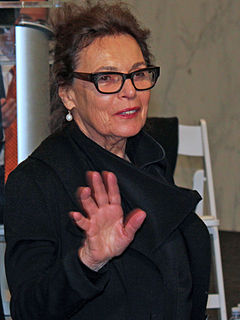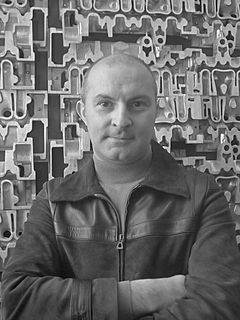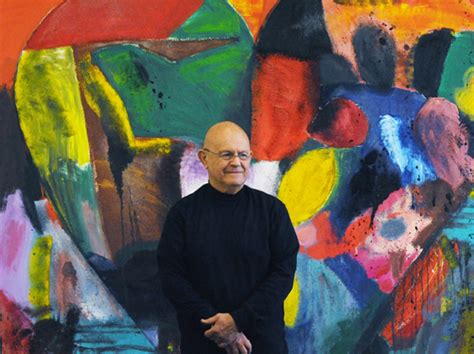A Quote by Pablo Picasso
I paint objects as I think them, not as I see them.
Related Quotes
Being a sculptor who uses found objects, all the objects I use in my work have been designed by other people. So I'm tweaking them in some way by squashing them or throwing them off cliffs! Then I formalise my damage by suspending them or arranging them in some kind of way. So I'm using other people's design in a way, so I'm an 'un-maker.'
Is it really that much better to make friends with animals before you kill them than to treat them as nameless, faceless objects before you kill them? From a yogic point of view, one must weigh the karmic consequences of perceiving others as mere objects to be used and the consequences of profiting from the suffering of others.







































